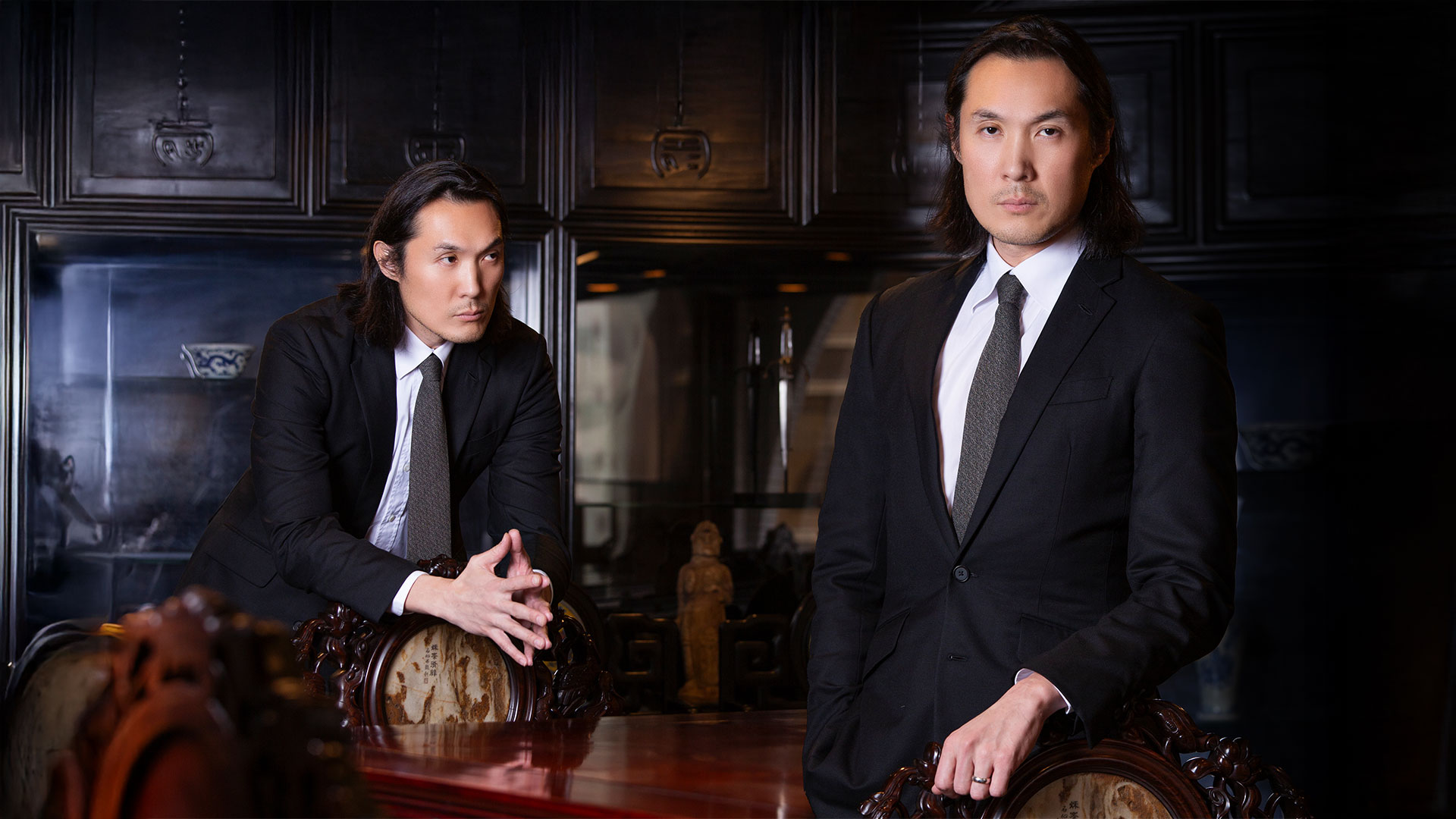
Captain Culture: Hing Chao steers the Wah Kwong family ships through heritage values into a modern world
“Welcome to my armoury,” says Hing Chao, as he gestures toward his office located in the heart of Wan Chai. The walls are adorned with century-old art pieces, a striking blend of literary art in the form of books and journals, formidable props reflecting his deep-seated passion for various forms of Chinese martial arts, and heavy rosewood chairs replacing the standard conference seating.
Each object tells a story, resonating with a shared history that Chao, Executive Chairman of Wah Kwong, the global shipping company founded by his grandfather, seems determined to protect. It is evident that in his world, tradition and culture are not simply relics of the past; they are living, breathing elements essential for navigating the future.
For Chao, the maritime industry is more than a career; it is a family legacy. “My father, who inherited the company from my grandfather, set the foundation, so it runs in the family,” he says. “This inheritance is a responsibility I take seriously.”
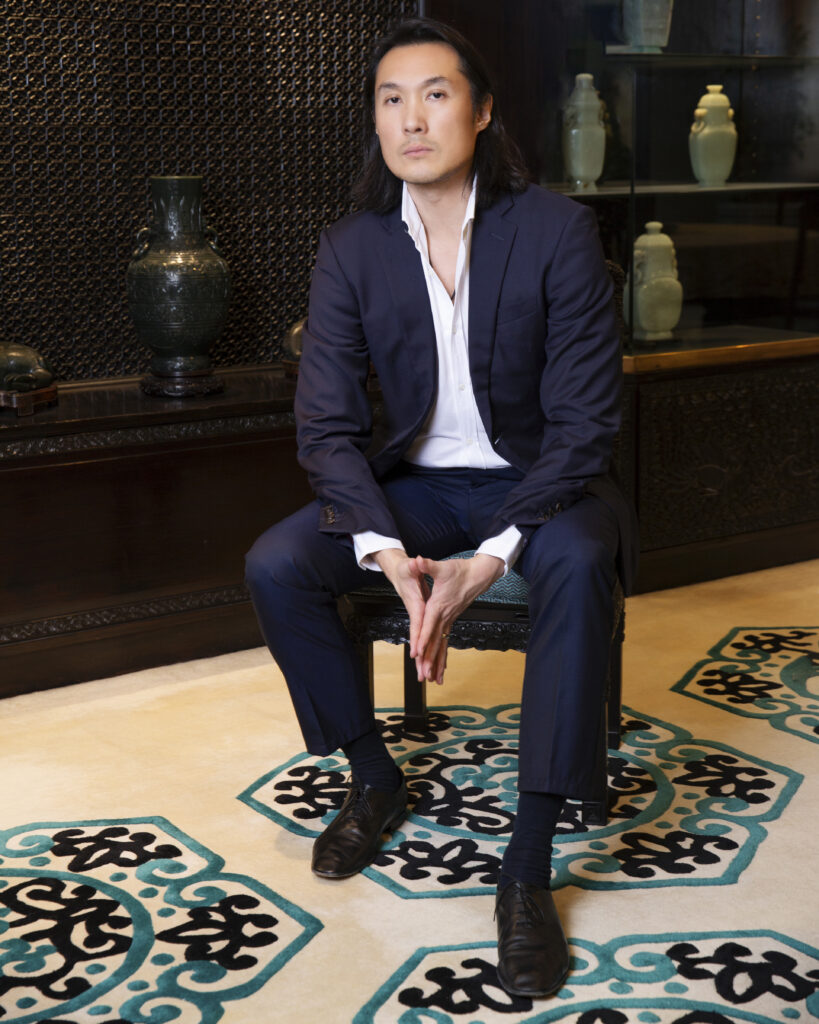
His childhood was steeped in the maritime ethos, yet his formative years also diverged from the family path. After completing his education at Durham University in the UK, he dedicated 15 years to the cultural and philanthropic sectors of society. It was in northeast China, working with ethnic minorities, that his passion for heritage and education sprouted. Reflecting on these early experiences, he says, “I learned about preservation before it became a buzzword. Back then, issues of sustainability were rarely discussed.”
When he assumed the chair of Wah Kwong Maritime Transport in 2019, he came armed with the unique perspective that cultural heritage and business operations can coexist harmoniously. The pivotal lessons from his early adulthood now underpin his strategies, allowing him to re-envision the maritime business landscape.
Scholar at the Helm
Chao’s admiration for his grandfather, T.Y. Chao, a “gentleman scholar” with a profound appreciation for Chinese culture, shapes his own leadership style. “I want our company to not only excel in business but also represent and celebrate our cultural values,” he states emphatically.
Elders in the industry recognise his commitment to marrying business efficacy with a consequential grasp of cultural stewardship. “My aim isn’t merely to lead in shipping but to also lead in preserving cultural heritage,” he reiterates. His involvement with the Hong Kong Maritime Museum, and the Institute of Seatransport, which promotes professionalism in the Hong Kong shipping industry, reflects this ethos – nodding to the past while embracing innovation.
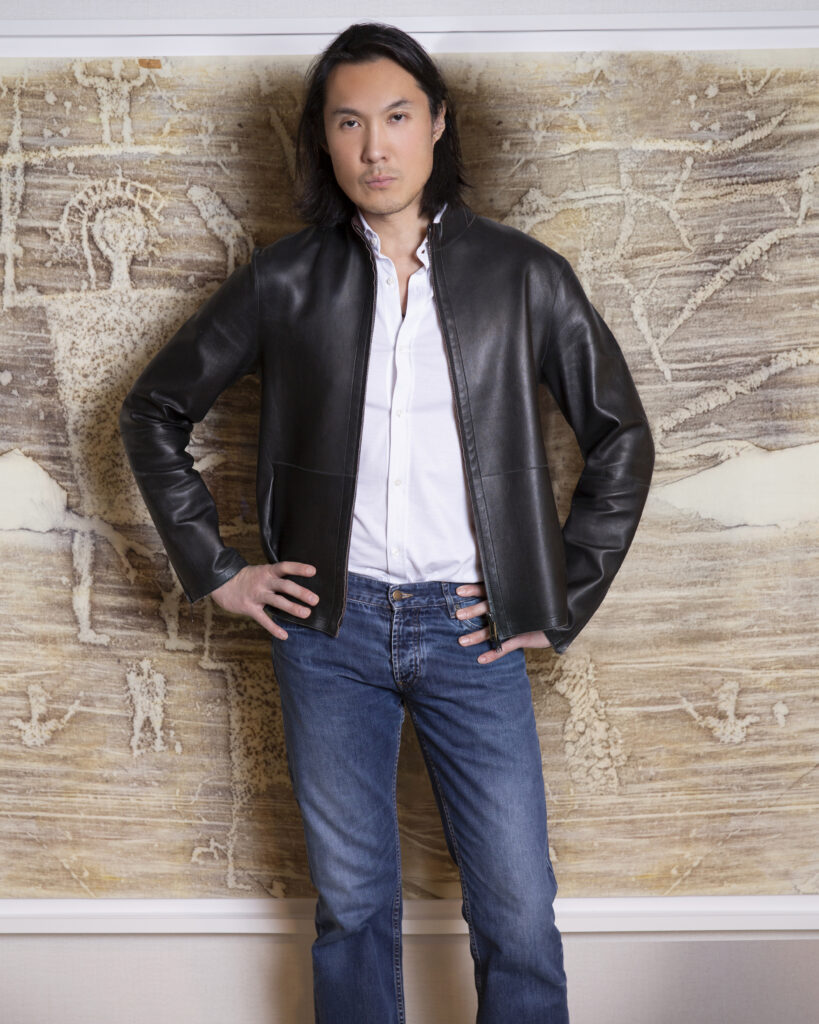
Chao is dedicated to educational initiatives aimed at shaping future maritime leaders. He nurtures talent through a corporate-school partnership programme that extends to the northern seaboard provinces of Liaoning and Shandong as well as Shanghai and the Greater Bay Area. This commitment to education embodies his philosophy that preserving cultural identity requires investing in the minds of tomorrow. As he puts it, “Real change requires layers of understanding, and that starts with our youth.”
His fervour for learning and professional excellence further extends to his work with the Maritime Services Training Board of the Hong Kong Vocational Training Council. “Education is not just about textbooks; it’s about understanding our heritage while preparing for the future,” he adds.
Philosopher in Business
Incorporating philosophical thinking into his leadership, Chao asserts that “philosophy is about asking the right questions”. Modern business environments shift rapidly, akin to tides, and adapting requires reflective enquiry and agility. “Understanding the market as a system helps us read the signs and position ourselves wisely,” he elucidates.
It is this adept adaptation rooted in cultural understanding that sets Wah Kwong – founded as a bulk cargo transporter in the 1950s – apart three generations on. Chao advocates for utilising technology as a conduit for preserving traditions. “Look around Hong Kong; it is steeped in rich traditions, yet we are equally at the forefront of modernisation,” he says. By pioneering new media techniques, he melds tech with the arts, viewing this as a valuable intersection for cultural expression.
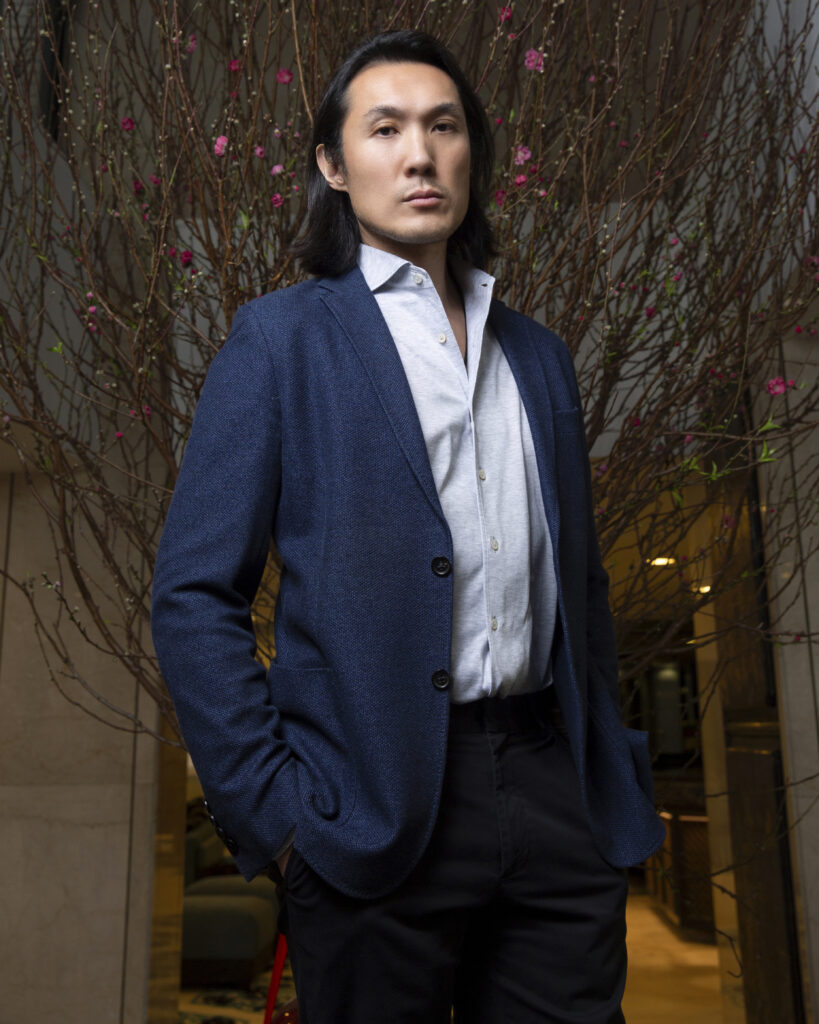
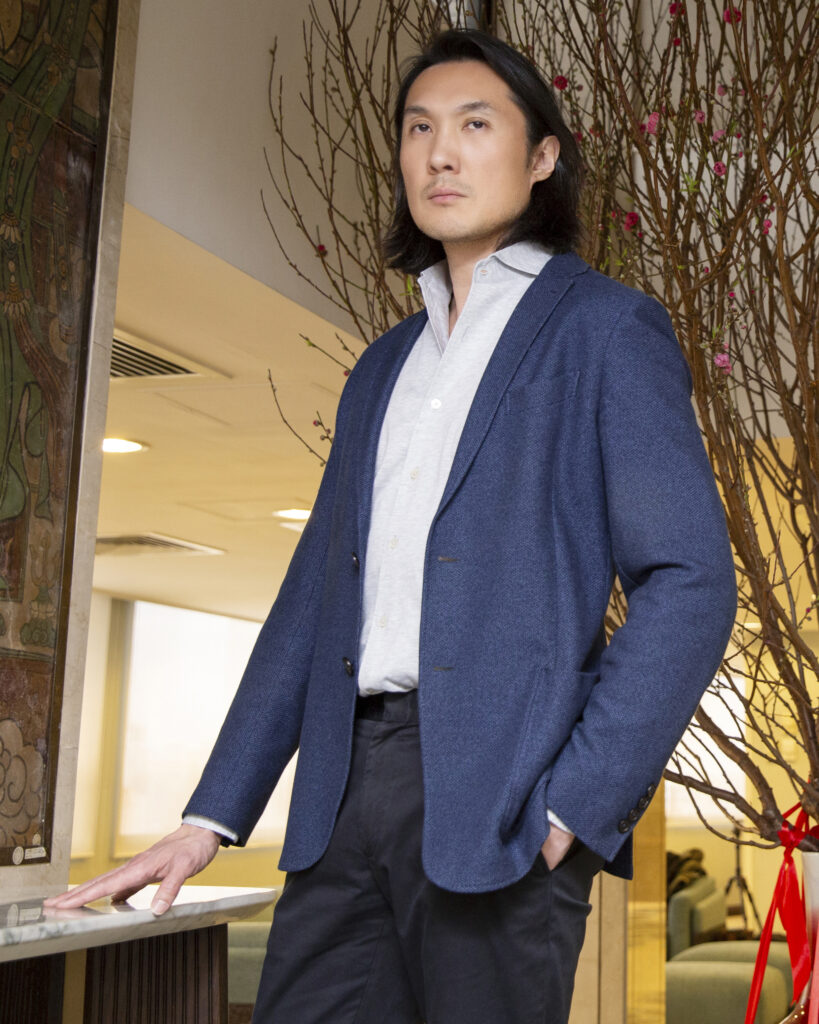
He relishes the opportunity to reshape how cultural narratives are portrayed and preserved. As a founder and convenor of the Greater Bay Maritime Forum and an instigator of the Hong Kong Chamber of Shipping, launched last year, he lays a framework for collective industry collaboration that spans both culture and business.
His efforts in working with universities to promote cultural documentation and expression further highlight this integration. He strongly believes that understanding culture within a broader ecosystem is vital, warning against isolating events and attempting to preserve them without connecting to the dynamic, living culture surrounding them.
Martial Arts Mentality
Chao’s dedication to cultural preservation is most apparent when it comes to martial arts. Recognised as a significant figure in promoting traditional martial arts in Hong Kong, he has spent the last decade creating pathways between martial arts styles and modern artistic expressions. “At first, many viewed martial arts through a lens of violence,” he recalls. “I sought to change that narrative and instead highlight its cultural significance.”
His initiatives, including the Hong Kong Culture Festival, have infused martial arts with contemporary relevance, bridging gaps between tradition and modern performance. “I dare say no one has done more to preserve martial arts in this city than I have,” he asserts with a discernible note of pride in his voice.
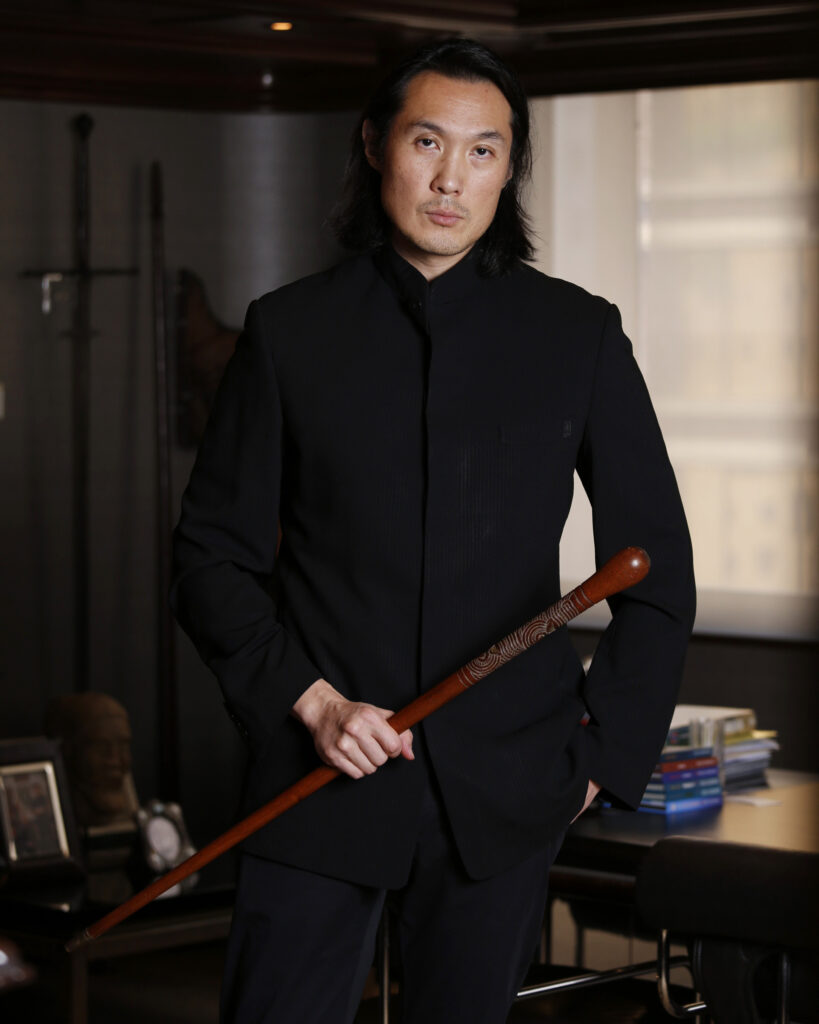
As described by his colleagues and assistant at his wide five-storey office, Chao is a quiet and serious person. And while that may be true – he barely smiles at the beginning of our encounter – he soon reveals a multi-faceted character. He is keenly aware how perceptions through expression and attire can alter narratives. “Yes, I wear suits for important meetings and whatnot, but beneath, I’m just a guy who prefers leather jackets and jeans. This is basically my everyday go-to look,” he chuckles, imbuing a sense of relatability.
His office is lined with family photographs, showcasing a softer side that illuminates his commitment to loved ones. “Seeing my kids happy brings me true fulfilment,” he shares. “My life is a woven tapestry – personal and professional threads intertwined.”
Steering Forward
Chao’s blueprint for success is a long-range vision. He believes achievements today will equate to stepping stones for a more expansive purpose. “We must ensure that the values we instil lead to something sustainable for future generations,” he emphasises. This viewpoint keeps him grounded as he navigates the complexities of maritime operations infused with cultural resonance.
With a forthright perspective on his path, both past and forward, Chao shares the notion that success, particularly in cultural preservation, requires collective stewardship. “If I were to stop, what would happen to all I’ve initiated? Sustainability should be our priority – not individual legacy.”
In a moment of levity interwoven amid serious discussions about legacy, he admits with an infectious laugh that he is not a fan of Game of Thrones, despite displaying an impressive array of war tools reminiscent of characters from popular fantasy shows. “It’s just unrealistic,” he declares, revealing a light-hearted sensitivity that humanises him amid a world often constrained by expectations of seriousness.
Hing Chao stands as a stalwart guardian of the past, a champion of the present, and a visionary architect of an inclusive cultural future. As the interview concludes, we are reminded that beneath his stoic exterior lies an individual driven by profound values that fuse work with cultural preservation. His efforts ensure that while he steers the maritime industry into new waters, he simultaneously upholds the anchors of tradition and heritage that define who we are.
Interview, Text & Art Direction: Joseff Musa|Photographer: Jack Law|Videographer: Jack Fontanilla







